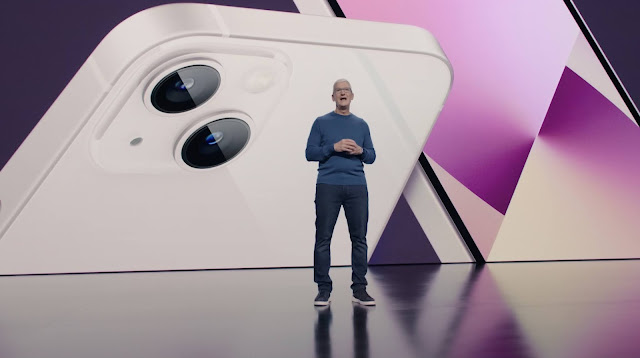Can AI Chatbots like ChatGPT Replace Human Jobs?
Artificial Intelligence (AI) has rapidly transformed various industries, and one of the most significant applications of AI is the development of chatbots. AI chatbots are software programs designed to simulate human-like conversations with users. These chatbots utilize natural language processing (NLP) and machine learning algorithms to understand and respond to user queries, offering businesses a cost-effective and efficient solution to handle customer inquiries.
As the use of AI chatbots continues to grow, the question arises - can they replace human jobs? While chatbots offer several benefits, they also have limitations, and their impact on the job market is still being studied.
The benefits of AI Chatbots
The adoption of AI chatbots has several benefits for businesses, including:
- Cost Reduction:
One of the most significant benefits of AI chatbots is their cost-effectiveness. Unlike human customer service representatives, chatbots do not require a salary or benefits, and they can work 24/7 without breaks. This makes them an attractive option for businesses looking to reduce their labor costs.
- Increased Efficiency:
AI chatbots can handle multiple conversations simultaneously, reducing the need for businesses to hire additional staff during peak hours. They can also respond to customer inquiries instantly, reducing response times and improving customer satisfaction.
- Improved Customer Service:
Chatbots can provide 24/7 support, which means that customers can get answers to their questions at any time of day or night. They can also provide personalized recommendations based on customers' preferences and past behavior, improving the overall customer experience.
- Scalability:
Chatbots can handle an unlimited number of conversations, making them scalable solutions for businesses that expect high volumes of customer inquiries.
- Data Analysis:
Chatbots can collect and analyze data on customer interactions, allowing businesses to gain insights into customer preferences and behavior. This data can be used to improve products and services and to tailor marketing strategies to specific customer segments.
Limitations of AI Chatbots
Despite their many benefits, AI chatbots also have several limitations, including:
- Limited Capabilities:
AI chatbots are still limited in their capabilities and can only handle a limited range of customer inquiries. They may not be able to answer complex or technical questions, and they may struggle to understand slang or regional dialects.
- Lack of Empathy:
Chatbots lack the empathy and emotional intelligence of human customer service representatives. They may not be able to understand or respond appropriately to customers' emotional states, which could lead to dissatisfaction or frustration.
- Initial Development Costs:
Developing an AI chatbot requires a significant investment in time and resources. Businesses need to hire developers, data scientists, and NLP experts to create and train the chatbot, which can be costly.
- Maintenance Costs:
Once a chatbot is deployed, it requires ongoing maintenance and updates to ensure that it continues to function effectively. This can be an ongoing expense for businesses that use chatbots.
- Security Concerns:
Chatbots may be vulnerable to security breaches or cyber-attacks, which could compromise sensitive customer information.
Impact on the Job Market
The use of AI chatbots has already had an impact on the job market, and this trend is likely to continue in the future. Here are some of the ways that chatbots are affecting employment:
- Job Losses:
As businesses adopt chatbots to handle customer inquiries, there is a risk that human customer service representatives will be replaced. This could lead to job losses in the customer service sector.
- New Jobs:
While some jobs may be lost, the adoption of chatbots is also creating new job opportunities. Businesses need developers, data scientists, and NLP experts to create and maintain chatbots, and there is likely to be an increased demand for these skills.
- Skill Upgrades:
The adoption of chatbots may also require existing















Comments
Post a Comment
If you have any doubts then please let us know. We are pleased to solve your doubts.